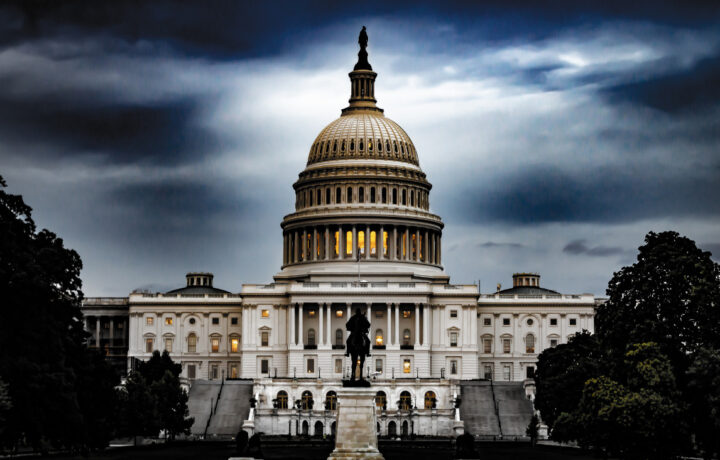There are a lot of misconceptions when it comes to security clearances, but one I’ve been hearing a lot lately is that Members of Congress require them.
In fact, Members of Congress do not require a security clearance either to hold their office or to access classified information in the course of their duties. Their “security clearance” is automatic by virtue of their election to a constitutional office; however, their access to classified information is largely a product of their committee assignments and thus controlled by their respective party leadership.
The same no-security-clearance-required rule goes for the President, the Vice President, and federal judges, all of whom are constitutional officials. But other senior federal officials whose offices are not explicitly identified in the constitution – including cabinet secretaries, the CIA Director, and the National Security Advisor – do require a clearance.
Congressional staff members are similarly not considered constitutional officials, and thus they too require security clearances in order to access classified information. Comparatively-speaking, there is scant information available publicly about the staff security clearance process. That is perhaps because congressional staff clearances make up only a tiny fraction of 1% of the total population of cleared government employees and contractors.
Of the few resources that are available, one of the more comprehensive ones appears to be a 2020 report issued by the Project on Government Oversight (POGO) entitled “A Primer on Congressional Staff Security Clearances.” According to the POGO report, each personal office of a House or Senate member is afforded up to two staff clearances; the bulk of congressional staff security clearances are held by committee staff.
Both the House and Senate maintain small, obscure security offices charged with facilitating the clearance application process on behalf of congressional staff, but neither office actually conducts background investigations or issues security clearances. Those responsibilities are left to the executive branch agencies that produce the classified information – most often, in my experience, the Department of Defense.
There is some constitutional tension inherent in this arrangement. The legislative branch is supposed to provide oversight of the executive branch, yet it is the executive branch which determines which congressional staffers obtain or retain eligibility for access to the classified information they often need to support Members of Congress in their oversight duties. Nonetheless, Congress has not seen fit to change the way in which their staff members receive security clearances.
Whether Congress could choose to establish an entirely independent process for granting its own staff members security clearances is an interesting constitutional question to ponder. For most would-be congressional staff clearance-holders, however, it probably suffices to know that the existing process of investigation and adjudication is identical to the process for executive branch employees. The same National Adjudicative Guidelines for Security Clearances apply, as do the same principles for mitigating concerns and the same process for appealing a denial outlined in Executive Order 12968.
This article is intended as general information only and should not be construed as legal advice. Although the information is believed to be accurate as of the publication date, no guarantee or warranty is offered or implied. Laws and government policies are subject to change, and the information provided herein may not provide a complete or current analysis of the topic or other pertinent considerations. Consult an attorney regarding your specific situation.




